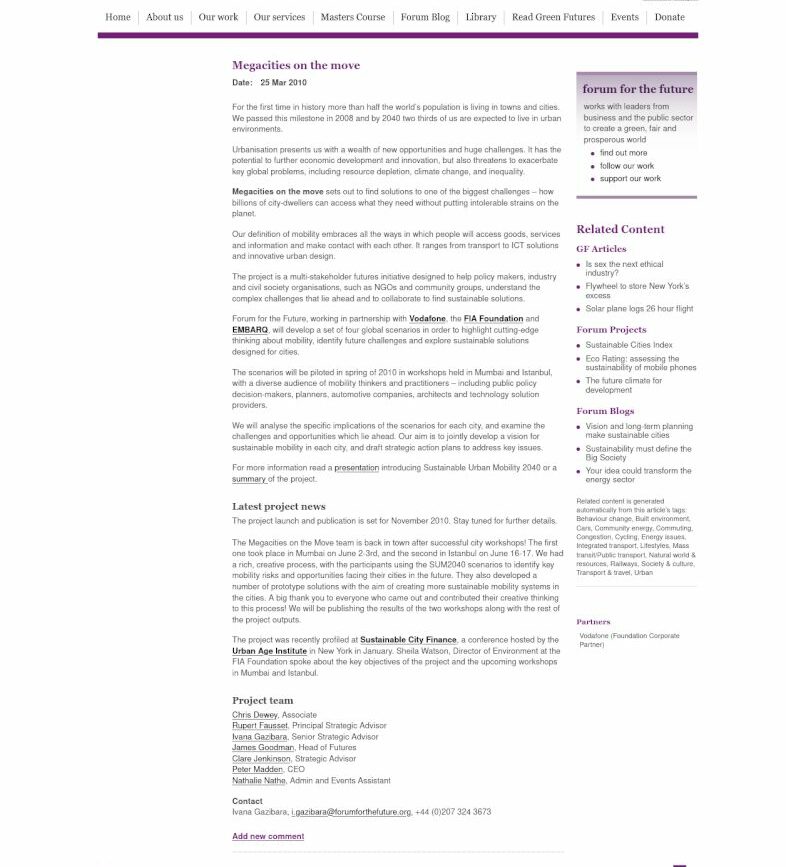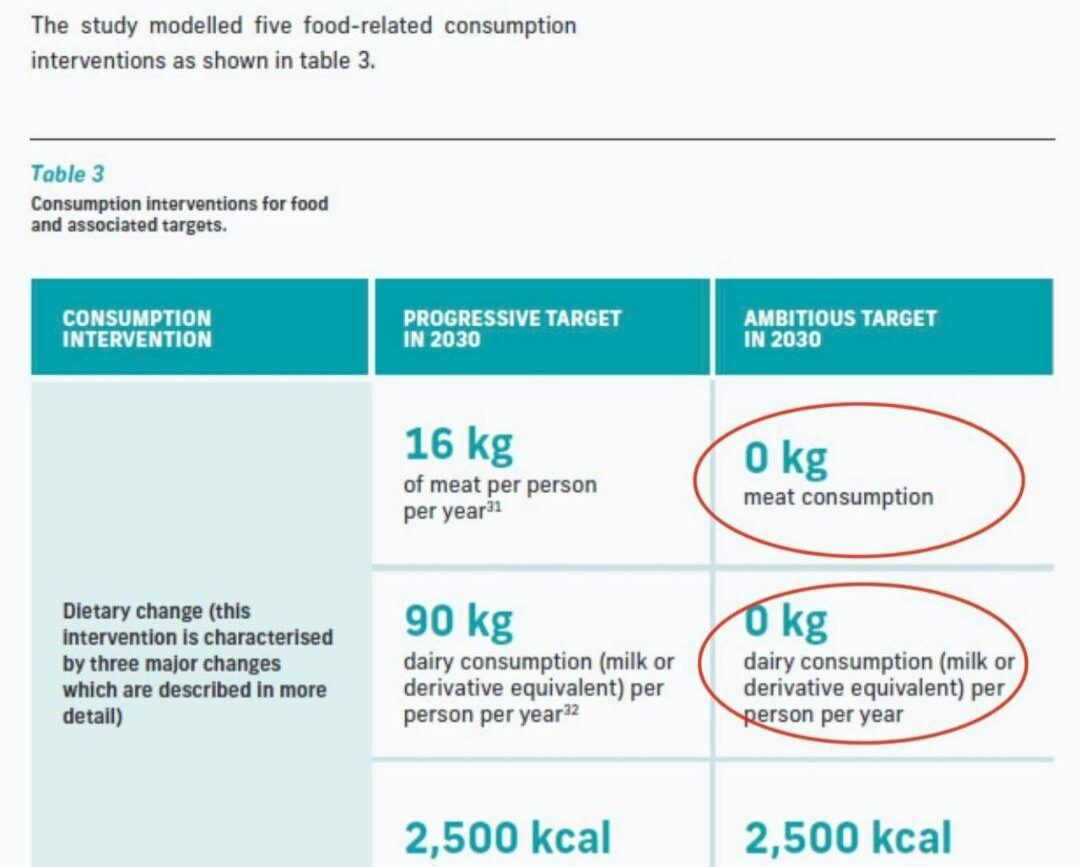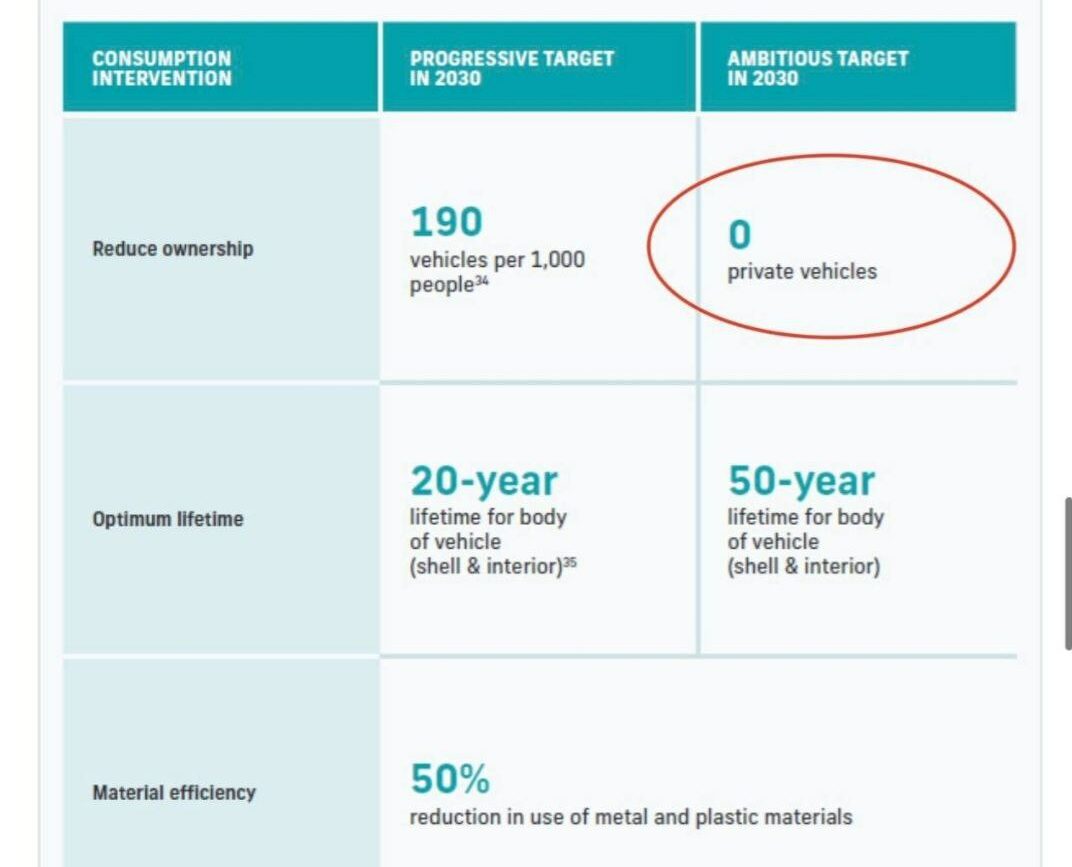I recall the newsroom conversations during the dark days of the pandemic only too well. They were upsetting at the time. Now, as we see a disturbing rise in excess deaths across the country, the thought of them fills me with horror and outrage.
‘You do realise these lockdowns and restrictions will end up killing people too, don’t you?’ I would say to senior editorial colleagues with something approaching desperation in my voice. ‘Sure, the virus is a serious threat to a small proportion of the population but the longer-term consequences of shutting the economy down and closing off the NHS will be deadly for huge numbers who were never at serious risk from the virus, people with years of life ahead of them. Shouldn’t we be reflecting that in our coverage? Shouldn’t we be considering the possibility that the government is going down the wrong path on this?’
The response of these colleagues would vary in tone, from patient but patronising good humour to open mockery. Many were influenced, I believe, by social media echo chambers (curated by pernicious algorithms). My colleagues had swallowed the myopic belief, adopted by people largely on the liberal left, that only lockdowns could ‘save lives’ and ‘protect the NHS’ from the devastation threatened by Covid-19. Anyone who demurred was, as far as they were concerned, clearly a right-wing lunatic.
Now we can all see how well that is working out. Provisional figures released this week reveal that more than 650,000 deaths were registered in the UK in 2022 – 9 per cent more than 2019. This is one of the largest excess death levels outside the pandemic in 50 years. But despite many of the causes of this being obvious, the BBC is pretending the development has come as something of a shock.
Government
Browse the articles related to this topic below.
Join our community on Guilded.
Up to 100 times more may have been spent on preventing each Covid death than on preventing each non-Covid death
Moderna and the Food and Drug Association (FDA) have been accused of concealing data during the approval process for the pharma giant’s bivalent Covid booster.
Vaccine advisors who signed off on the updated shot late last year claim they were not shown trial data that indicated the booster was actually less effective at preventing Covid than the older vaccine it was meant to replace.
While the early trial results had substantial limitations, ‘disappointed’ and ‘angry advisors say its omission from panel discussions shows a remarkable lack of transparency.
Academic freedom at Stanford is clearly dying. It cannot survive if the administration fails to create an environment where good-faith discussions can occur outside of a framework of ideological rigidity and the false certainties that ideologues—and governments—wish to impose on us. Stanford missed the opportunity to sponsor COVID policy forums and it deplatformed dissenting voices. Several prominent faculty exploited this environment, engaging in actions that directly violated basic academic norms.
Boris Johnson was secretly ‘nudged’ into wearing a facemask during the pandemic, according to the head of the government’s Behavioural Insights Team.
[T]he British people must do something that goes against the grain. We must break free of the coercive control exercised over us by the NHS. We are not to blame for putting it under pressure. We are not at fault for expecting a feverish child or a 90-year-old with a broken hip to receive prompt attention. The NHS is to blame.
It isn’t mad, however, to regard the WEF as a dangerous force in global politics. The WEF is a dangerous force in global politics. To adapt Joseph Heller, just because you are paranoid, doesn’t mean the WEF isn’t after you. A shared distrust of the WEF brings together anti-capitalists on the left and culture-warriors on the right. But that distrust is based on a misunderstanding of what the WEF is these days really all about.
For many WEF critics, the vileness of the organisation can be encapsulated in one word: ‘neoliberalism.’ It’s a term that conjures up images of plutocrats and untrammelled markets ravaging the planet and exploiting blue-collar folk in the name of profit. Funnily enough, Chairman Schwab agrees with that assessment of the world’s ills. Once upon a time, the WEF prioritised the necessity and benefits of economic globalisation. That has not been the case for many years, however. In October 2020, Schwab stated that:
[S]hibboleths of our global economic system will need to be re-evaluated with an open mind. Chief among these is the neoliberal ideology. Free-market fundamentalism has eroded worker rights and economic security, triggered a deregulatory race to the bottom and ruinous tax competition.
http://archive.today/2023.01.02-193731/https://www.spectator.co.uk/article/the-davos-man-cometh/
In our supposedly liberal and transparent democratic country, it seems that it was a group of remote and unnamed scientists, outside of the formal SAGE infrastructure, who effectively imposed masks on British citizens. Were they well-meaning academics offering their expertise, or conflicted ideologues engaged in a global endeavour to control the masses? You decide.
https://dailysceptic.org/2022/12/22/the-shadowy-group-that-brought-mask-mandates-to-the-u-k/
In a world of fossil fuels and expensive energy, the only solution is tightly planned and controlled urban transport.
This video released on the animator’s channel on 23 September 2011. A full archive of the Forum for the Future article published 25 Mar 2010 can be found below:
Megacities on the move
For the first time in history more than half the world’s population is living in towns and cities. We passed this milestone in 2008 and by 2040 two thirds of us are expected to live in urban environments.
Urbanisation presents us with a wealth of new opportunities and huge challenges. It has the potential to further economic development and innovation, but also threatens to exacerbate key global problems, including resource depletion, climate change, and inequality.
Megacities on the move sets out to find solutions to one of the biggest challenges – how billions of city-dwellers can access what they need without putting intolerable strains on the planet.
Our definition of mobility embraces all the ways in which people will access goods, services and information and make contact with each other. It ranges from transport to ICT solutions and innovative urban design.
The project is a multi-stakeholder futures initiative designed to help policy makers, industry and civil society organisations, such as NGOs and community groups, understand the complex challenges that lie ahead and to collaborate to find sustainable solutions.
Forum for the Future, working in partnership with Vodafone, the FIA Foundation and EMBARQ, will develop a set of four global scenarios in order to highlight cutting-edge thinking about mobility, identify future challenges and explore sustainable solutions designed for cities.
The scenarios will be piloted in spring of 2010 in workshops held in Mumbai and Istanbul, with a diverse audience of mobility thinkers and practitioners – including public policy decision-makers, planners, automotive companies, architects and technology solution providers.
We will analyse the specific implications of the scenarios for each city, and examine the challenges and opportunities which lie ahead. Our aim is to jointly develop a vision for sustainable mobility in each city, and draft strategic action plans to address key issues.
For more information read a presentation introducing Sustainable Urban Mobility 2040 or a summary of the project.
Latest project news
The project launch and publication is set for November 2010. Stay tuned for further details.
The Megacities on the Move team is back in town after successful city workshops! The first one took place in Mumbai on June 2-3rd, and the second in Istanbul on June 16-17. We had a rich, creative process, with the participants using the SUM2040 scenarios to identify key mobility risks and opportunities facing their cities in the future. They also developed a number of prototype solutions with the aim of creating more sustainable mobility systems in the cities. A big thank you to everyone who came out and contributed their creative thinking to this process! We will be publishing the results of the two workshops along with the rest of the project outputs.The project was recently profiled at Sustainable City Finance, a conference hosted by the Urban Age Institute in New York in January. Sheila Watson, Director of Environment at the FIA Foundation spoke about the key objectives of the project and the upcoming workshops in Mumbai and Istanbul.
Project team
Chris Dewey, Associate
Rupert Fausset, Principal Strategic Advisor
Ivana Gazibara, Senior Strategic Advisor
James Goodman, Head of Futures
Clare Jenkinson, Strategic Advisor
Peter Madden, CEO
Nathalie Nathe, Admin and Events AssistantContact
Ivana Gazibara, [email protected], +44 (0)207 324 3673

The truth about Matt Hancock – The Spectator
Summary from The Daily Sceptic:
Mass vaccination mission creep, no rigorous vaccine safety monitoring, counter-terrorism units deployed to crush scientific and social media dissent, major restrictions pursued for political reasons without evidence, expert advisers ignored – just some of the revelations made by Isabel Oakeshott in the Spectator this week. Fresh from co-authoring Matt Hancock’s pandemic diaries, the lockdown-sceptical journalist has written down the “key lessons” she took away from the very revealing writing process she undertook with a man whose approach to the pandemic she vehemently opposes.
The Johns Hopkins Center for Health Security, in partnership with WHO and the Bill & Melinda Gates Foundation, conducted Catastrophic Contagion, a pandemic tabletop exercise at the Grand Challenges Annual Meeting in Brussels, Belgium, on October 23, 2022.
The extraordinary group of participants consisted of 10 current and former Health Ministers and senior public health officials from Senegal, Rwanda, Nigeria, Angola, Liberia, Singapore, India, Germany, as well as Bill Gates, co-chair of the Bill & Melinda Gates Foundation.
The exercise simulated a series of WHO emergency health advisory board meetings addressing a fictional pandemic set in the near future. Participants grappled with how to respond to an epidemic located in one part of the world that then spread rapidly, becoming a pandemic with a higher fatality rate than COVID-19 and disproportionately affecting children and young people.
Participants were challenged to make urgent policy decisions with limited information in the face of uncertainty. Each problem and choice had serious health, economic, and social ramifications.
During the COVID-19 pandemic sizeable groups of unvaccinated minorities persist even in countries with high vaccine access1. Consequently, vaccination became a controversial subject of debate and even protest2. Here, we assess whether people express discriminatory attitudes in the form of negative affect, stereotypes and exclusionary attitudes in family and political settings across groups defined by COVID-19 vaccination status. We quantify discriminatory attitudes between vaccinated and unvaccinated citizens in 21 countries, covering a diverse set of cultures across the world. Across three conjoint experimental studies (N=15,233), we demonstrate that vaccinated people express discriminatory attitudes towards the unvaccinated, as high as the discriminatory attitudes suffered by common targets like immigrant and minority populations3,4.5. In contrast, there is an absence of evidence that unvaccinated individuals display discriminatory attitudes towards vaccinated people, except for the presence of negative affect in Germany and United States. We find evidence in support of discriminatory attitudes against the unvaccinated in all countries except Hungary and Romania and find that discriminatory attitudes are more strongly expressed in cultures with stronger cooperative norms. Prior research on the psychology of cooperation has shown that individuals react negatively against perceived free-riders6,7 including in the domain of vaccinations8,9. Consistent with this, the present findings suggest that contributors to the public good of epidemic control (i.e., the vaccinated) react with discriminatory attitudes against perceived free-riders (i.e., the unvaccinated). Elites and the vaccinated general public appealed to moral obligations to increase COVID-19 vaccine uptake10,11 but the present findings suggest that discriminatory attitudes including support for the removal of fundamental rights simultaneously emerged.
http://archive.today/2022.12.09-160919/https://www.nature.com/articles/s41586-022-05607-y
We are nearing a turning point for democratic support for environmentalism. Gordon Brown’s 2008 Climate Change Act legislated to slash CO2 emissions by 80 per cent by 2050, a seismic shift pushed through with little debate but much superficial public approval. Theresa May strengthened this to 100 per cent by 2050, the “net zero” target; again, the public liked the sound of this, if not of Mrs May. China will continue to increase its emissions by more than we cut ours, but our entire ruling class has signed up to this iron-clad legal framework, with no dissent tolerated.
Published June 2019
C40 is delighted to publish this pioneering piece of thought leadership, The Future of Urban Consumption in a 1.5°C World. The report demonstrates that mayors have an even bigger role and opportunity to help avert climate emergency than previously thought. But to grasp that opportunity, city leaders need to be even more entrepreneurial, creating and shaping markets and engaging in sectors that may not previously have been considered within the domain of city government, and working out how to support their citizens and businesses in achieving a radical, and rapid, shift in consumption patterns.


The NHS has set aside £1.3 billion to cope with compensation claims arising from the pandemic this year with claims for treatment delays, cancellations and misdiagnosis expected.
An annual report from NHS Resolution, which deals with patient disputes, shows that the health service anticipates it will need to pay out more than a billion pounds this financial year to settle claims arising from poor service during Covid.
If demand for health care is nearly unlimited and cannot be rationed by price, it must be rationed in some other way. The NHS rations through shortages – of staff – and waiting lists. Additional rationing is achieved by those who “do not want to bother the doctor”, often at cost to their health, while large numbers go private, so creating the two-tier health system Bevan hoped to avoid – though he did not use an NHS GP but rather Sir Daniel Davies, physician to George VI.
Published: 27 March 2017
The paper presents a simple framework for the analysis of the macroeconomic implications of de-cashing. Defined as replacing paper currency with convertible deposits, de-cashing would affect all key macroeconomic sectors. The overall macreconomic impact of de-cashing would depend on the balance of growth-enhancing and growth-constraining factors. Starting from a traditional saving-investment balance, the paper develops a four-sector macroeconomic framework. It is purely illustrative and is designed to provide a roadmap for a systematic evaluation of de-cashing. The framework is disaggregated into the real, fiscal, monetary, and external sectors and potential implications of de-cashing are then identified in each sector. Finally, the paper draws a balance on possible positive and negative macroeconomic implications of de-cashing, and proposes policies capable of augmenting its economic and social benefits, while reducing potential costs.
http://archive.today/2022.11.25-093919/https://www.imf.org/en/Publications/WP/Issues/2017/03/27/The-Macroeconomics-of-De-Cashing-44768
ROAD blocks stopping most motorists from driving through Oxford city centre will divide the city into six “15 minute” neighbourhoods, a county council travel chief has said.
And he insisted the controversial plan would go ahead whether people liked it or not.
http://archive.today/2022.11.25-110055/https://www.oxfordmail.co.uk/news/23073992.traffic-filters-will-divide-city-six-15-minute-neighbourhoods-agrees-highways-councillor/
Advocates for harsh Covid measures are finally waking up to what they have done.
The underreported story of the entire pandemic is excess deaths — not from Covid, but from other health conditions which were so brutally pushed to one side. There have been huge rises in the number of people dying from causes unrelated to the virus, accelerating throughout the year and showing no signs of slowing down.
Presented as an independent voice for “unbiased” scientific advice, iSAGE provided a channel for media spinmeisters, spies and psy-op specialists to influence Britain’s pandemic policy without accountability. Leaked internal emails show members fretting over its unethical methods.